

If you have been injured in Texas due to the negligent or reckless acts of another, there are immediate steps you can take to obtain the full compensation you deserve and improve the recovery process. The following guide will help you better understand what constitutes a personal injury, how the legal process works, and what you can do to protect your rights and maximize compensation.
The term personal injury refers to physical or emotional harm suffered as a result of another’s negligence. Personal injury law covers a broad range of negligence-based accidents, including slip-and-fall accidents, car crashes, defective products, dog bites, work injuries, and wrongful death. Motor vehicle accidents are a leading cause of accidental injury and death in Texas.
Injury victims can obtain compensation for damages suffered by filing a personal injury claim or lawsuit against the at-fault party. Damages may include medical bills, lost wages, property damage expenses, and emotional pain and suffering. But, personal injury lawsuits are highly complex and obtaining the full compensation to which you are entitled is largely dependent on having a strong case and skilled legal counsel. Read on for more information.

Types of Texas Personal Injury Cases
Personal injury is the harm you suffer as the result of the negligent, reckless, or even illegal behavior of another. When negligence played a role, it means that the at-fault party failed to exercise reasonable care—meaning they did not use a “degree of caution and concern an ordinarily rational person would use in similar circumstances.” In contrast, reckless behavior is “totally unreasonable conduct that is a gross deviation from what a reasonable person would do.”
In either case, if it causes harm, you may file a personal injury claim or personal injury lawsuit to be compensated for your losses, including medical bills, lost wages, and more.


Motor vehicle accidents, including passenger cars, SUVs, and pickup trucks, as well as larger commercial vehicles, constitute the majority of personal injury claims. Negligent behavior may include speeding, failure to yield the right of way and running a red light. Driving under the influence of alcohol or drugs unfortunately often results in motor vehicle collisions.
Injuries at work are generally covered by workers’ compensation insurance. If your employer has workers’ compensation insurance, your are not entitled to sue your employer even if the employer was negligent. In the tragic situation that a loved one is killed at work, the surviving spouse and children may have a gross negligence claim against the employer for punitive damages. Work injuries are often the result of a third party’s negligence. In this situation, you may have a claim or lawsuit against the third party.



Property owners are responsible for ensuring their premises are free of unreasonably dangerous conditions. Although Texas law is more complex relating to premises liability, a person may bring a claim if they can establish the premises owner failed to exercise ordinary care in reducing or eliminating the unreasonably dangerous condition while failing to warn the person of the condition. Common premises liability claims may include slip and falls, falling merchandise and stairs not built to code.
Dog owners are responsible for bites and attacks. A dog owner may be held responsible for the negligent handling of a dog such as failure to use a leash or failure to keep a dog fenced. Owners may additionally be strictly liable for bites and attacks by dogs that are abnormally dangerous. It is common for homeowner’s insurance or tenant insurance to cover dog bites and attacks.

Companies that produce products are required to design and manufacture the products properly. An improperly designed or manufactured product that injures a person may result in the company being held strictly liable. A design defect requires establishing that the product was defective and there was a safer alternative design at the time the product was produced. A manufacturing defect addresses the failure in the manufacturing process to produce the product in accordance with its design. The company may also be responsible for its negligence relating to the product that resulted in the injury. These products may range from automobiles, tires, medications and consumer products.
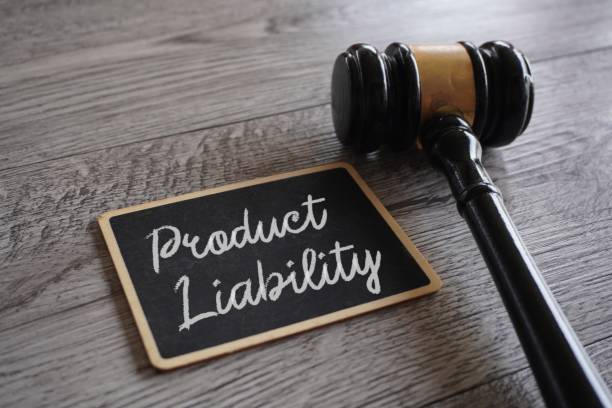
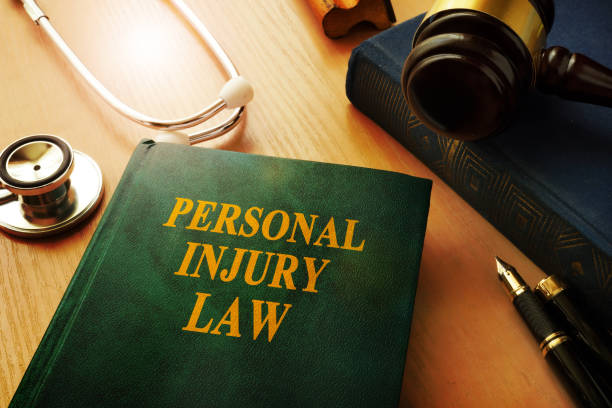
If you’ve been injured due to another’s negligence, you may decide to bring a personal injury lawsuit against the at-fault party. Personal injury cases vary widely, and so does potential compensation. Awards can range from a few thousand to tens-of-millions of dollars, depending on the type and severity of injuries suffered.
Here is a small sample of scenarios in which Burwell Nebout Trial Lawyers may be able to help with your personal injury case:
Negligence resulting in wrongful death, car accidents, 18 wheeler wrecks, refinery explosions, industrial accidents, product liability, railroad (FELA) incidents, and maritime accidents may result in a personal injury lawsuit. The skilled legal team at Burwell Nebout Trial Lawyers has helped countless clients get the compensation they need to heal and get their lives back on track.
To bring a successful injury lawsuit, the following two factors must occur :
In the case of an auto accident, negligence means a driver did not drive in a reasonably prudent manner. In other words, the driver didn’t obey the traffic laws or didn’t drive cautiously for the traffic and road conditions.
If an individual was involved in a car accident caused by another person’s carelessness or negligence, he/she has the right to be compensated for any personal injuries and property damage. In most car accident claims, these monetary damages usually cover such costs as medical expenses, lost wages, pain and suffering, and mental anguish.
Texas has a two (2) year statute of limitations governing most personal injury claims. Your case has to be settled or a lawsuit filed before the expiration of two (2) years from the date of your accident.



When a negligent act results in a personal injury, the two most important questions are: who is responsible and what are the injuries. If you have suffered a personal injury, it is extremely important to immediately retain a qualified personal injury attorney. The attorney will have the knowledge and experience to understand the laws applicable to your case, secure the necessary evidence, and pursue your claim against all responsible parties. You can expect the following to occur in a personal injury case:
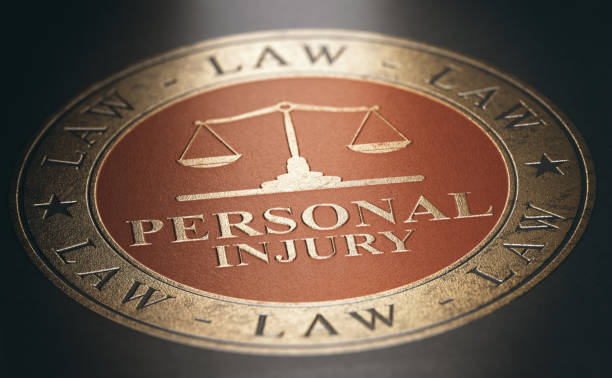

Insurance companies are notorious for offering unreasonably-low settlements to injury victims without legal representation. They know that most victims just want to get the process over with, avoid going to court, and get their settlement check as soon as possible.

Following a personal injury, the only thing you should be doing is healing. At Burwell Nebout Trial Lawyers, we will review your case, calculate damages, gather the evidence needed to substantiate your claim, and negotiate with the insurance company. Although we always aim to settle out of court, we are prepared to go to trial and fight aggressively to get you the full compensation you deserve.
Accepting an initial settlement offer can cost you thousands. It is our goal to get you the full compensation to which you are entitled. Our attorneys know what a case is worth and we will work tirelessly to get you every dime. You’ve been through enough, and this money can go a long way toward getting your life back on track.
If you have been injured in a personal injury accident, we can help. Contact Burwell Nebout Trial Lawyers today for a free and confidential consultation about your case.
Being injured because of the negligence of another party can change your life. Besides the physical pain and anguish of your injury, you may also have to deal with expensive medical bills, ongoing treatment like physical therapy, and missed time from work. The financial burden that an injury can put on you and your family can be very intense, which is why if you are injured in an accident that wasn’t your fault, you have the legal right to seek compensation for your suffering.
While there is no way to determine the exact amount your claim is worth, there are a variety of factors that jurors will look at to decide the value of your claim. Two of the most important factors that shape the value of your claim include the degree of damage you incurred and how well you can prove your injury was the fault of another.


Listed below are some of the most important factors used to determine the value of a personal injury claim:

When trying to value your claim, it’s important to stay realistic and remember that you must prove your damages to the court. The more evidence you can provide, such as medical bills, records, photos, important documents and journal accounts documenting the effects of your accident, the better your chance of receiving a just settlement.


If you have been injured in a car accident, the first thing you should do is get each driver’s information and the names and information of any witnesses and seek medical attention. The second thing you should do is contact your own insurance company, even if the accident wasn’t your fault.
The reason: your insurance company will be on your side since they want the negligent driver’s insurance to pay you. They also have experience in helping to build a case against the other driver. Do you have to talk to the other driver’s insurance company? It is best left up to your own insurance company and your personal injury attorney, since they are there to protect your interests.
If you do speak to the other party’s insurance adjuster, make sure to state that you do not want the conversation to be recorded as they will try to use anything you say against you.
So, should you negotiate the claim or do you need to file a personal injury lawsuit?
You may hear these terms used interchangeably, but they are not the same. A personal injury claim is a negotiation with the negligent party’s insurance company to reach a settlement that is fair and reasonable. The “pro” of negotiating a settlement is that it is kept out of the judicial system and is less risky than leaving the decision up to a jury.
However, insurance companies are for-profit businesses and will undervalue your claim and try to low-ball the settlement. If a negotiated agreement cannot be reached, then you may choose to file a personal injury lawsuit. Like any type of lawsuit, this is a legal proceeding that will be heard in front of a judge in court.
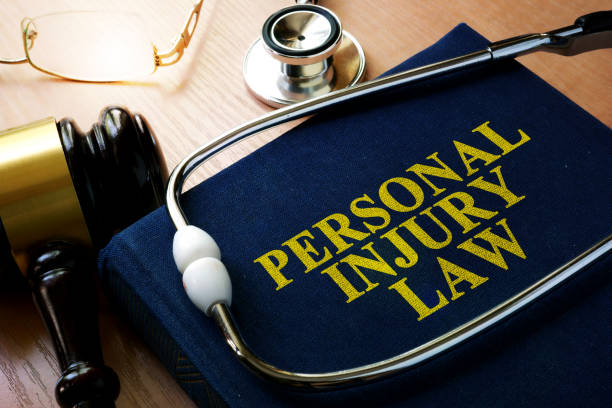


Once you have all the information you need, including police reports, medical records, and anything else that documents the accident and your injury, you should consider contacting a Texas personal injury attorney who can help guide you through the process and make sure your best interests are protected. One thing you and your attorney will look into is whether you (and the other driver) have PIP as part of your policy.
In Texas, every insurance company is required to offer their insureds PIP, or Personal Injury Protection. It is included unless the insured signs a waiver rejecting coverage. The purpose of PIP is to cover expenses arising from the accident, including medical bills, lost wages, or necessary expenses.
If you are unable to reach a fair settlement that covers all your damages, you and your lawyer can discuss filing a lawsuit. The statute of limitations in Texas mandates that a lawsuit be filed within two years of the injury. There are several steps in a lawsuit:
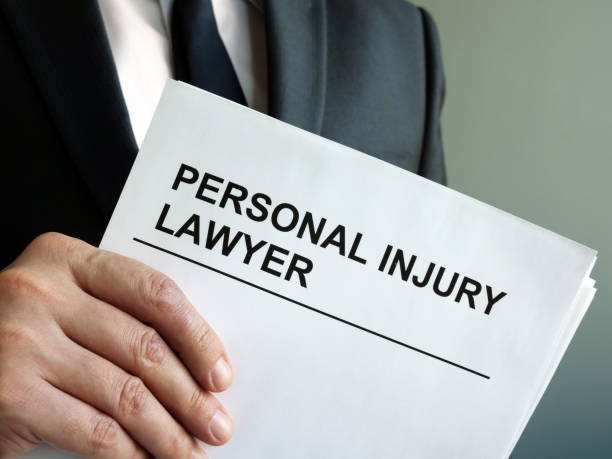
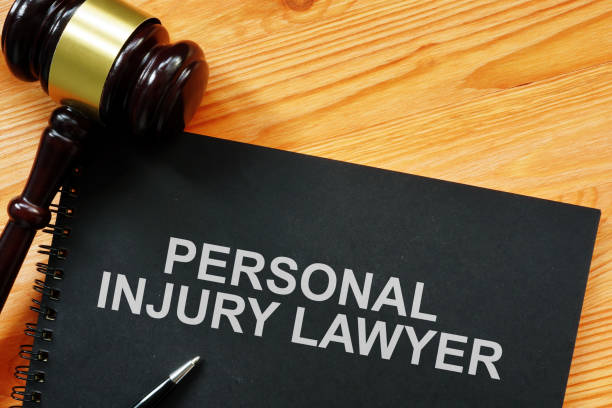
If you have been injured due to the negligent, careless, or reckless actions of another, the skilled legal team at Burwell Nebout Trial Lawyers can help. Whether you suffered a bone fracture or brain injury in a slip-and-fall accident, or a back injury and post-traumatic stress disorder (PTSD) in a motor vehicle collision, our experienced Texas injury lawyers can help you obtain the maximum compensation available to you in a timely, economical manner. Contact Burwell Nebout Trial Lawyers today through our website for a free and confidential consultation about your case.




